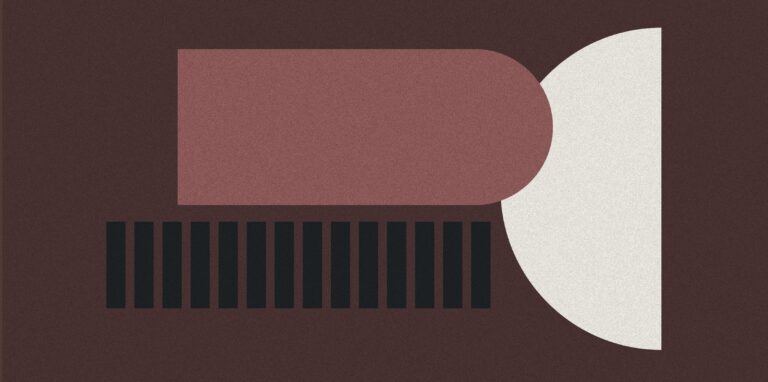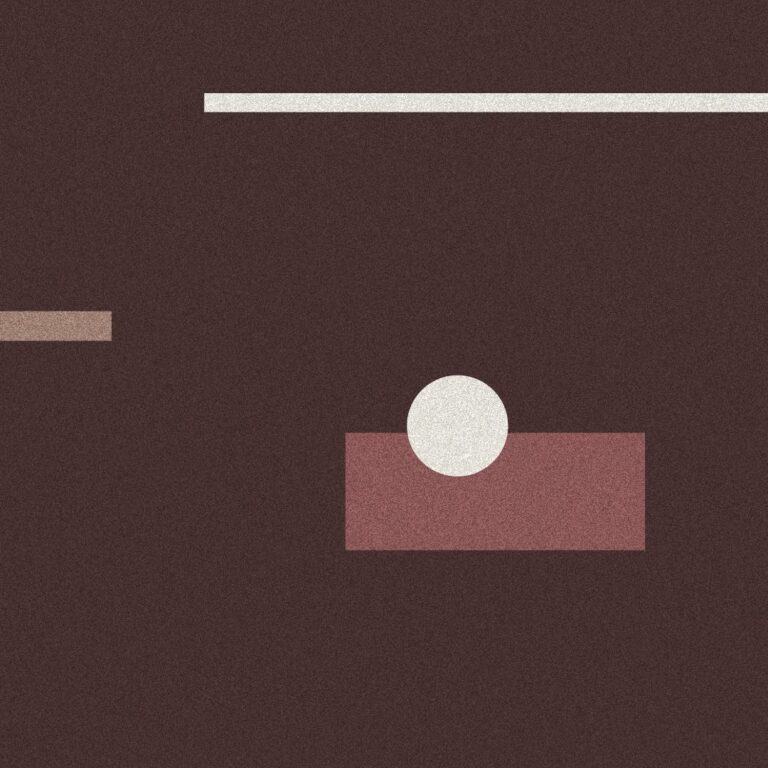Hope and Human Imagination
With Jericho Brown
“Hope is always accompanied by the imagination, the will to see what our physical environment seems to deem impossible. Only the creative mind can make use of hope. Only a creative people can wield it.”
|
Question to Live
In what granular way could I more vividly live as I would like to see a life? |
|
Integration Step
As you move through your days, try on calling yourself a social creative, a social artist, even if only to yourself. |
| Heart of the Matter
Few others teach about hope — and radiate it — like Jericho Brown, our final voice in this course. And there are so many invitations here. One of them is to deploy your imagination — to live as one would want to see a life. Walk around with that. That is a thrilling idea, challenging in practice — like hope, worth throwing one’s life at. And try on that language of being a culture worker — that we are each of us culture workers; that we are steeped in culture, touching it, and it is touching us at all times. Take in the language that flows from that and from Jericho Brown — of thinking of yourself as a social creative, a social artist — even if only to yourself, quietly. See what that shifts as you walk through the world. These are such wonderful charges. They are a sending forth from Jericho, as we also step out of this course. |

Transcript
Krista Tippett: Hello, again. We are coming to the end of this course on hope. But of course, at this ending, we take up what we’ve learned together. We become beginners again and again, in a world we are called to make anew.
That language of making something new, that is work of imagination, every bit as much as practicality. The connection between hope and imagination has run through every session we’ve had. I want to use language like this: we are called to be social creatives, social artists, each and every one of us, whatever we do, whoever we are. And so we will finish with a poet to help show us the way, to help point the way forward with words.
That teacher and inspirer is Jericho Brown. I sat with him onstage, in an auditorium full of very grateful teenagers, at the Geraldine R. Dodge Poetry Festival, a couple of years ago. And after that conversation, he won the Pulitzer Prize for poetry. So in the part of this interview that you’re going to hear, I had just read him some words he had written about hope.
“Hope is always accompanied by the imagination, the will to see what our physical environment seems to deem impossible. Only the creative mind can make use of hope. Only a creative people can wield it.”
And Jericho’s response to my reading his words back to him was, as you are about to hear, beyond exuberant.
Brown: Clap that, all right. Y’all know that was good. Say that again.
[applause]
Tippett: I’m going to.
Brown: That’s very good. Y’all listen. Y’all write it down. Oh, it’s online. I think it’s online. You could get some of the words and Google it.
Tippett: “Hope is always accompanied by the imagination, the will to see what our physical environment seems to deem impossible. Only the creative mind can make use of hope. Only a creative people can wield it.”
Brown: Come on, creative people. I got some creative people out there, yes, God. Y’all better go hope. I like that. Oh, my God. I be writing.
Tippett: [laughs] There’s something else — this goes together with that. I love this.
Brown: People should pay me way more. I’m serious.
Tippett: They should [laughs] So here’s the other thing. It’s like people feel right now like it’s hard not to be captive to the loud voices, the loud stories, the bad stories, the catastrophes.
Brown: Yeah, oh my God.
Tippett: And also, what there is to — there’s a lot to worry about. You said this — “An event happening ten minutes or ten years ago matters if anyone can indeed feel the effects of it now.” That feels really important to me too, because — anyone. If you have something you did ten minutes ago, one person feels the effect of it, that’s a metric.
Brown: Yeah, I agree. This isn’t a question. You just want me to say something about that?
Tippett: [laughs] I’m just using the occasion of having you sitting across from me to affirm what you said.
Brown: I agree. It’s hard. I don’t know. I’ve been asking my friends this lately a lot, why are we doing all of this? Somebody introduced me as a “cultural worker,” and I feel like that. And I’m sort of like, but why am I doing all that? And then I realized that it was in the title — that what I do, I do for culture: that I create culture, that I live in and benefit from culture, and that art and that culture make my life worth living, and that it pushes me on to see more art, to make more things; that I’m a person who believes in living as one would want to see a life, that I really do believe in making the poems that I want to be in the world, in teaching the classes that I would want to see if I were a student, in dancing the way I like to see people dance. Do you know what I mean?
And I think, for me, knowing that I can do that is what I have. And I’m hoping that for more people, that can be what you have in this moment — that instead of looking at the things that mean to hurt us, that we can look at each other; that we can hold up in the opposite direction some poetry, that we can hold up in the opposite direction some song, that we can hold up in the opposite direction some belief we have in some community project, some play, something that we are doing, some child that we love, and that I think if we can concentrate on the best of one another, on the best of the best of us, if we can really make the world we want to live in — even if it’s only in our own heads or in our own homes or in our own cars on the way to work — then we’ll be doing the beginning of something new.
[applause]
[music]
Tippett: I really can’t imagine a better final voice that teaches about hope and radiates it than Jericho Brown. There are so many invitations here. One of them is to deploy your imagination — to live as one would want to see a life.
Walk around with that. That is a thrilling idea, challenging in practice — like hope, worth throwing one’s life at.
I’m also really taken with that language of being a culture worker — how we are each of us culture workers; that we are steeped in culture, touching it, and it is touching us at all times.
And the language that kind of flows from that and from Jericho Brown, of thinking of yourself as a social creative, a social artist, if only to yourself, quietly. And see what that shifts as you walk through the world. These are such wonderful charges. They are a sending forth from Jericho, as we also step out of this course.
We’re going to meditate more, again, on his words and that sending forth.
Of course, all of the Wisdom practices, all of these teachers and sessions remain here for you to return to and savor again at any time. Or you could do the whole course all over again and see what you hear this time that you missed last time.
If you’ve been journaling, it might be interesting to look back at the trajectory of what you’ve been thinking and learning and noting. It might be interesting to ask yourself how your understanding of what hope is has changed from the beginning to this ending, which is, of course, a new beginning, because now that you’ve tasted this great banquet of learning, the real life practice unfolds.
And I would recommend that you choose one or two pieces of wisdom — practices, muscles — that have settled in you with special force and even with a special familiarity, even if it’s not something you’d ever thought about doing before, that you feel like might really tether and continue to shape and deepen you living the life that you want to see, in yourself in the period ahead. And give those one or two practices months, or give it a year. You know, the scientific — the neuroscientific idea behind this is that what we practice, we become, and that that is every bit as true for qualities of character, for the quality of our presence in the world, as it is for skills like throwing a ball better or playing the violin. What we practice, we become.
I want you to also remember that with every virtue, and certainly with the virtue, the muscle, the practice, the choice of hope, there are going to be days and weeks, maybe years, in which it is too much for you to ask of yourself or for anyone to ask of you, to carry this vigorously. None of us is called to carry hope alone. None of us is called to carry any virtue alone. So bring all of this into conversations and the community that you have with others.
You are now in community with us at On Being, and with the far-flung world of people gathered here. We would love to hear from you, of what you would like more of as this adventure continues to build and evolve.
We have a world to remake. We are called to this. We are up to this. Or, in Jericho Brown’s words, “if we can concentrate on the best of one another, on the best of the best of us, if we can really make the world we want to live in, even if it’s only in our own heads or in our own homes or in our own cars on the way to work, then we’ll be doing the beginning of something new.” Blessings. Until we meet again.
